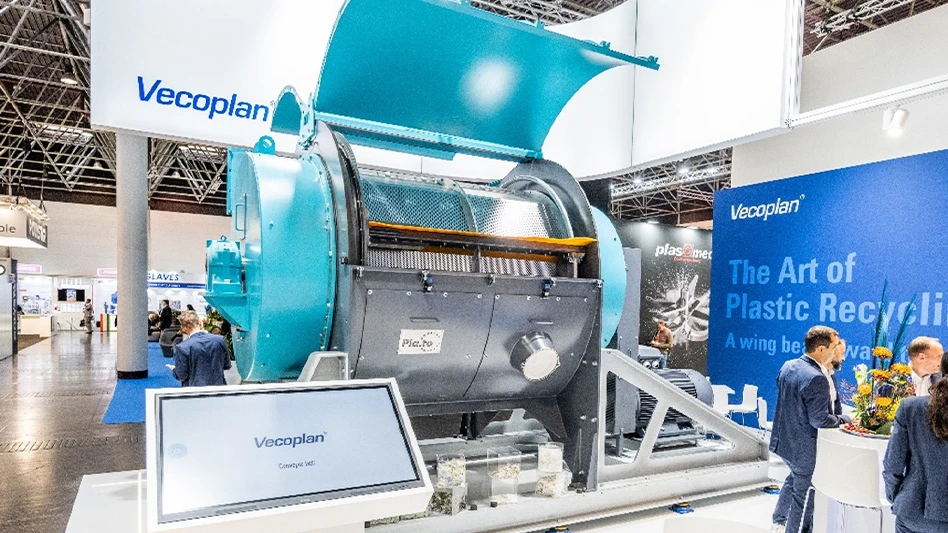
With California’s political landscape dramatically altered in the 2018 midterm elections, sustained fears around climate change and its impact on dwindling resources, and the domino effect being felt by China’s policy restricting waste exports, the 2019 legislative session marked a pivotal moment for environmental advocates across California. Due to the collective efforts of campaigners and activists and the forward-thinking vision of our senators, assembly members and governor, 2019 has solidified California’s reputation as a national and global leader on tackling environmental waste and curbing climate change.
This session, which concluded Sept. 13, was filled with positive strides addressing waste and recycling. California Governor Gavin Newsom has already signed AB 619, allowing reusable containers and service ware for use in food service establishments and at temporary events. If Governor Newsom signs the bills remaining on his desk, by 2030, beverage containers in California will have to contain 50 percent recycled content); by 2024, hotels of 50 rooms or more will no longer offer personal care products in single-use plastic bottles; and public-facing recycling will be mandatory for all commercial businesses. These shifts—some small, some larger—all contribute to the wider goal of reducing our use of resources and shifting to a more sustainable society.
The biggest headlines have been reserved for the justified disappointment that California’s landmark Circular Economy and Pollution Act (SB 54/AB 1080) did not make it to the governor’s desk. These twin bills stipulate that all single-use packaging sold in the state would have to be recyclable or compostable by 2030 and that producers would have to reduce waste generated by 75 percent. If passed, it would have had far-reaching impacts not just in California, but across the U.S. as well as around the world. However, the fight is far from over, and advocates will continue to move this landmark legislation into becoming law in the next session.
Meanwhile, a slew of bills around producer responsibility have been proposed, advancing the idea of requiring industry to both account for the waste it creates and provide vital support and funding for developing California’s recycling infrastructure.
One example is AB 729, a bill sponsored by the Sacramento-based National Stewardship Action Council to address the disposal of carpeting, a significant source of waste in the country—more than 90 percent of the 11 billion cubic yards sold in the U.S. each year ends up in landfills. Building on the original Carpet Stewardship Law (AB 2398), passed in 2010, and AB 1158, passed in 2017, AB 729 introduces a legal mechanism for retrieving the more than $15 million in Californian consumer fee money from the industry-run carpet stewardship program, should it continue to be deemed non-compliant with the law by failing to make carpet more recyclable.
Since 2010, consumers have paid a fee on all new carpet purchased to cover the cost of managing the product at its end-of-life. This new law introduces, for the first time, a mandatory differentiation of carpet recycling fees depending on the financial burden of recycling it and the amount of post-consumer recycled content. This is a huge step forward, as the fee will communicate to consumers which carpet is more environmentally friendly and incentivize producers to design products with recycling in mind.
Green design is fundamental to the success of building a circular economy, and across every industry, we need legislation that transforms the way products are made and managed at their end-of-life. A circular economy is, in turn, an essential component of a sustainable society—one which minimizes the use of virgin resources, does not pollute our environment, protects human health, is regenerative where we have done prior damage, and brings us back within our planetary boundaries.
Despite the overwhelming nature of reversing our history’s toll of environmental destruction, California remains at the forefront of progressive legislation that seeks solutions instead of intransigence to our waste’s impact on climate change. The desire to tackle our most challenging issues with innovative policies expands beyond state lines, reverberating across our nation at a time when we need more courageous thinking and leadership. There is still work to be done, but California must continue to be our environment’s most faithful stewards and a beacon for the rest of the world to follow.
Heidi Sanborn is the executive director of the Sacramento-based National Stewardship Action Council.
Latest from Recycling Today
- Equipment from the former Alton Steel to be auctioned
- Novelis resumes operations in Greensboro, Georgia
- Interchange 360 to operate alternative collection program under Washington’s RRA
- Waste Pro files brief supporting pause of FMCSA CDL eligibility rule
- Kuraray America receives APR design recognition for EVOH barrier resin
- Tire Industry Project publishes end-of-life tire management guide
- Des Moines project utilizes recycled wind turbine blades
- Charter Next Generation joins US Flexible Film Initiative





